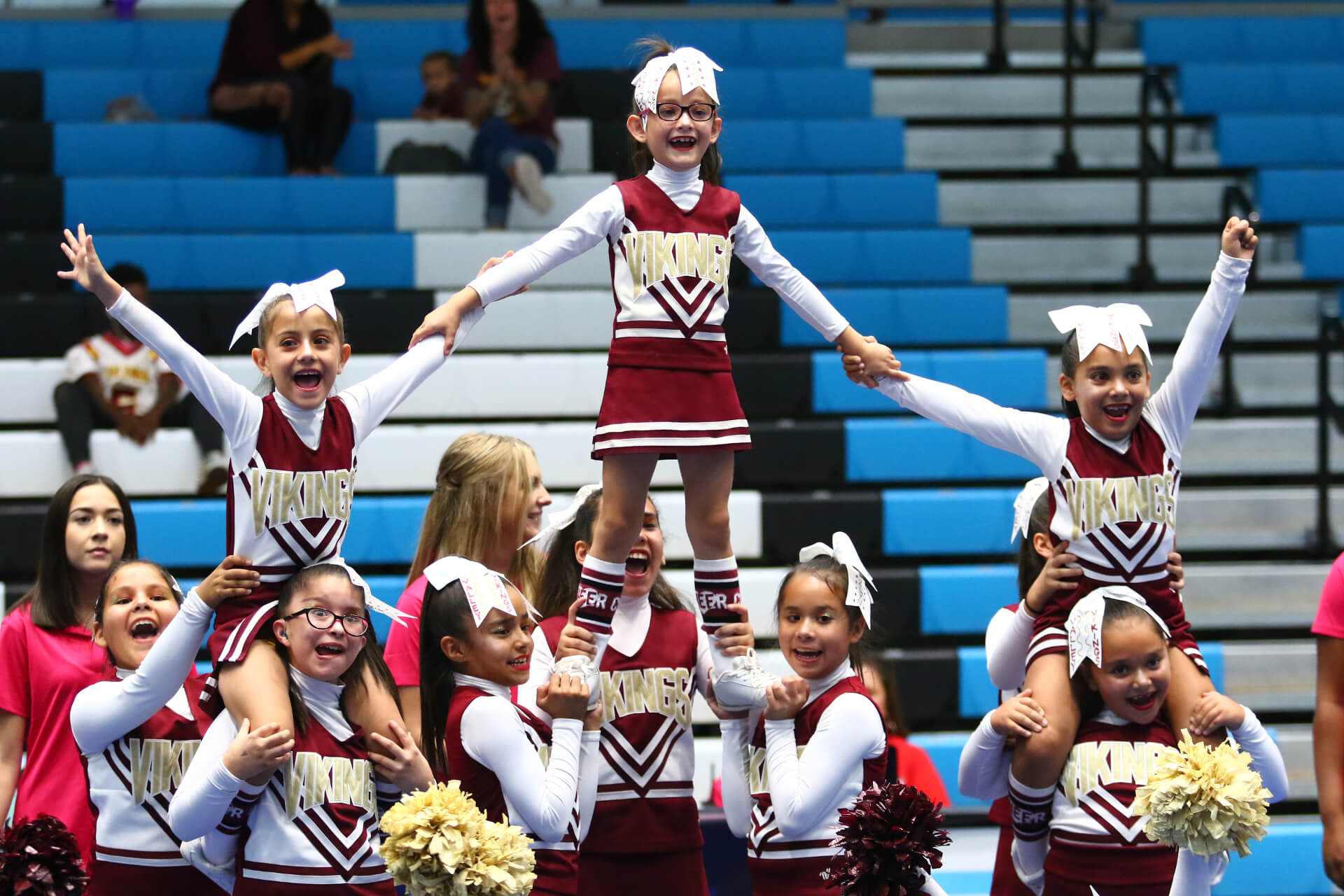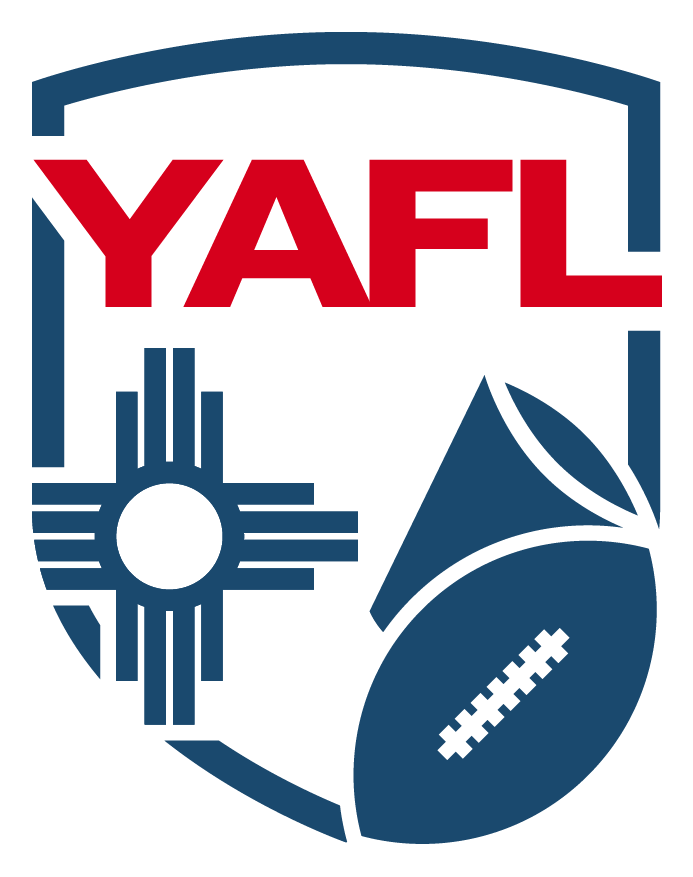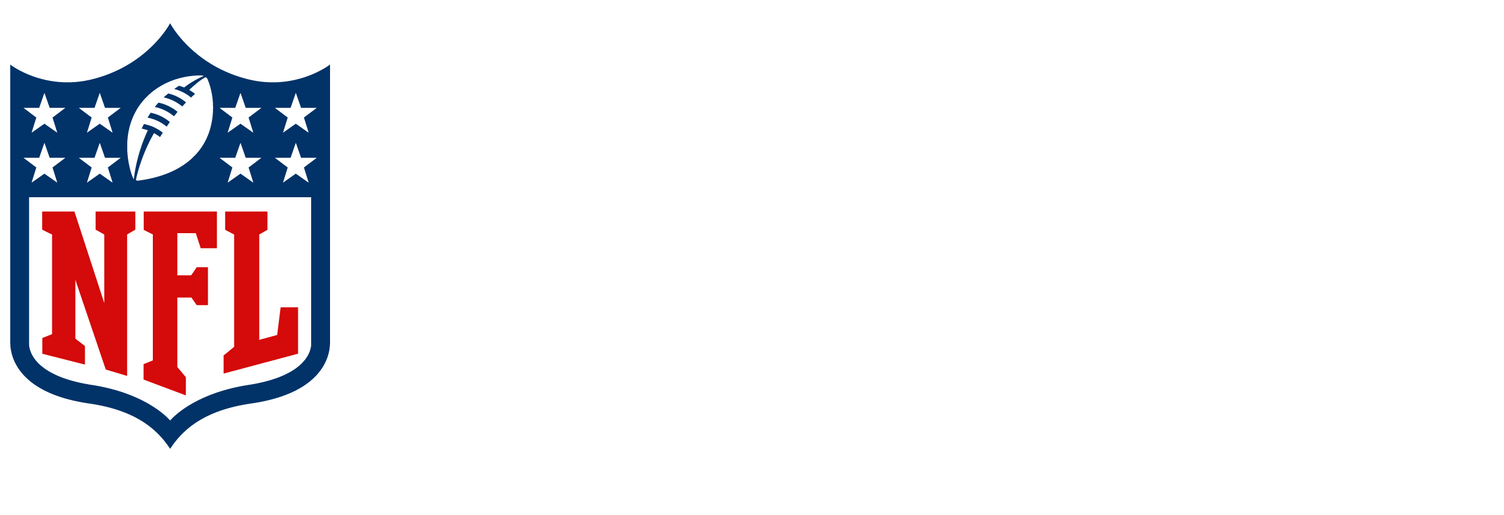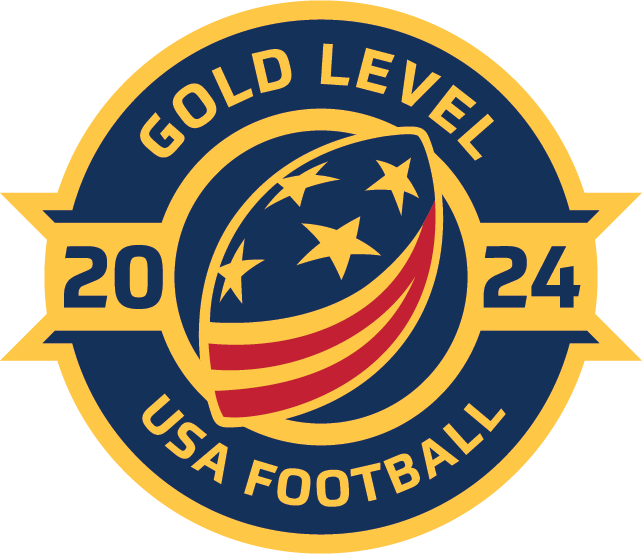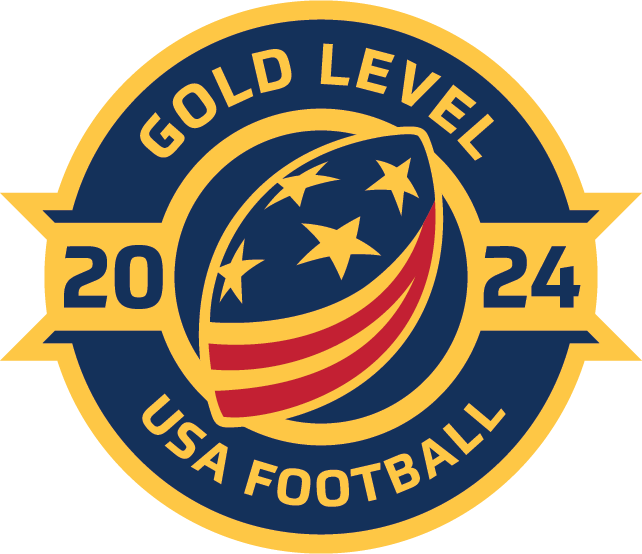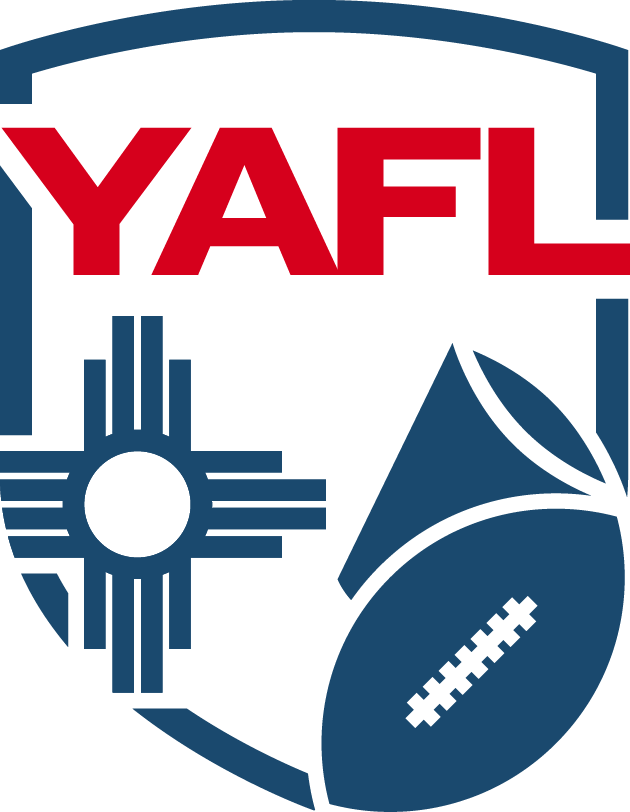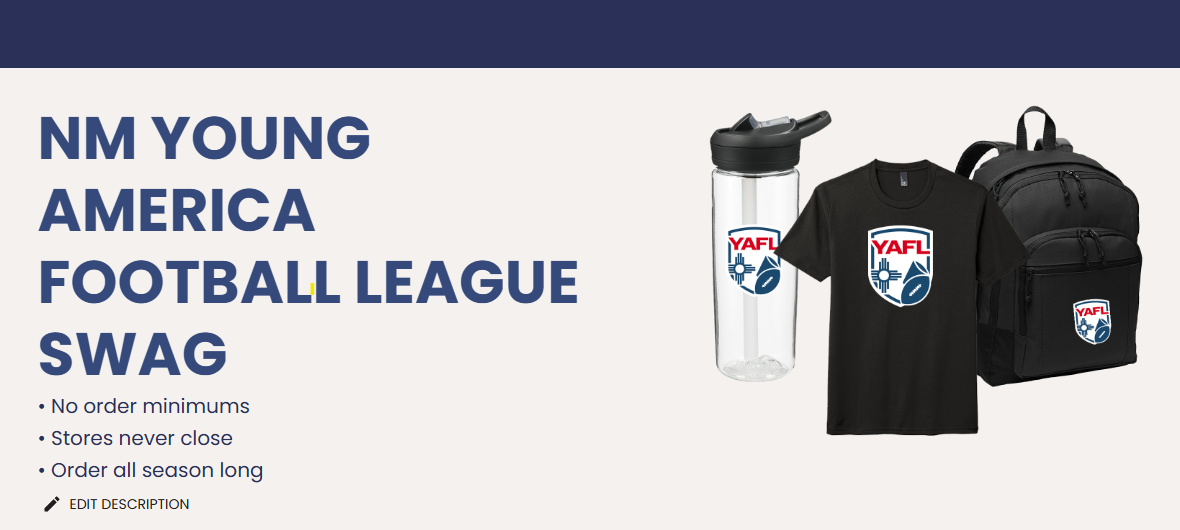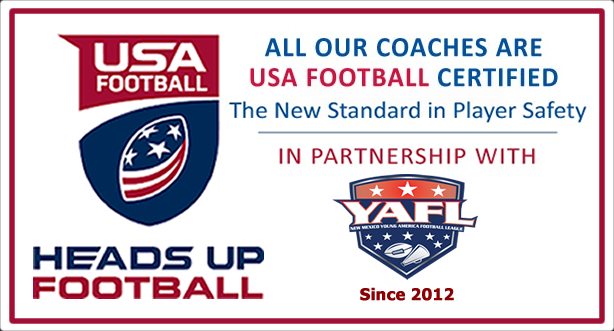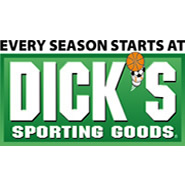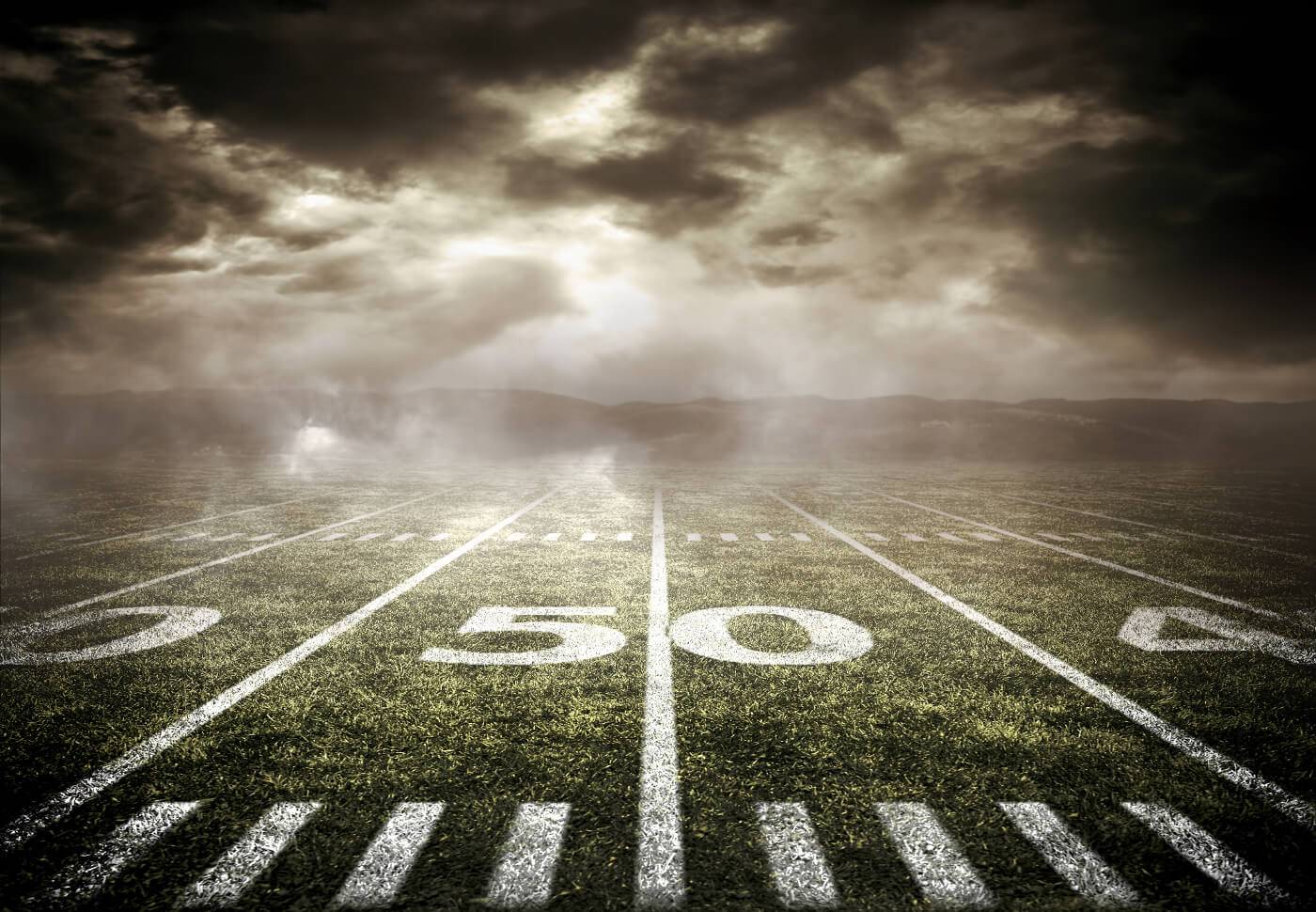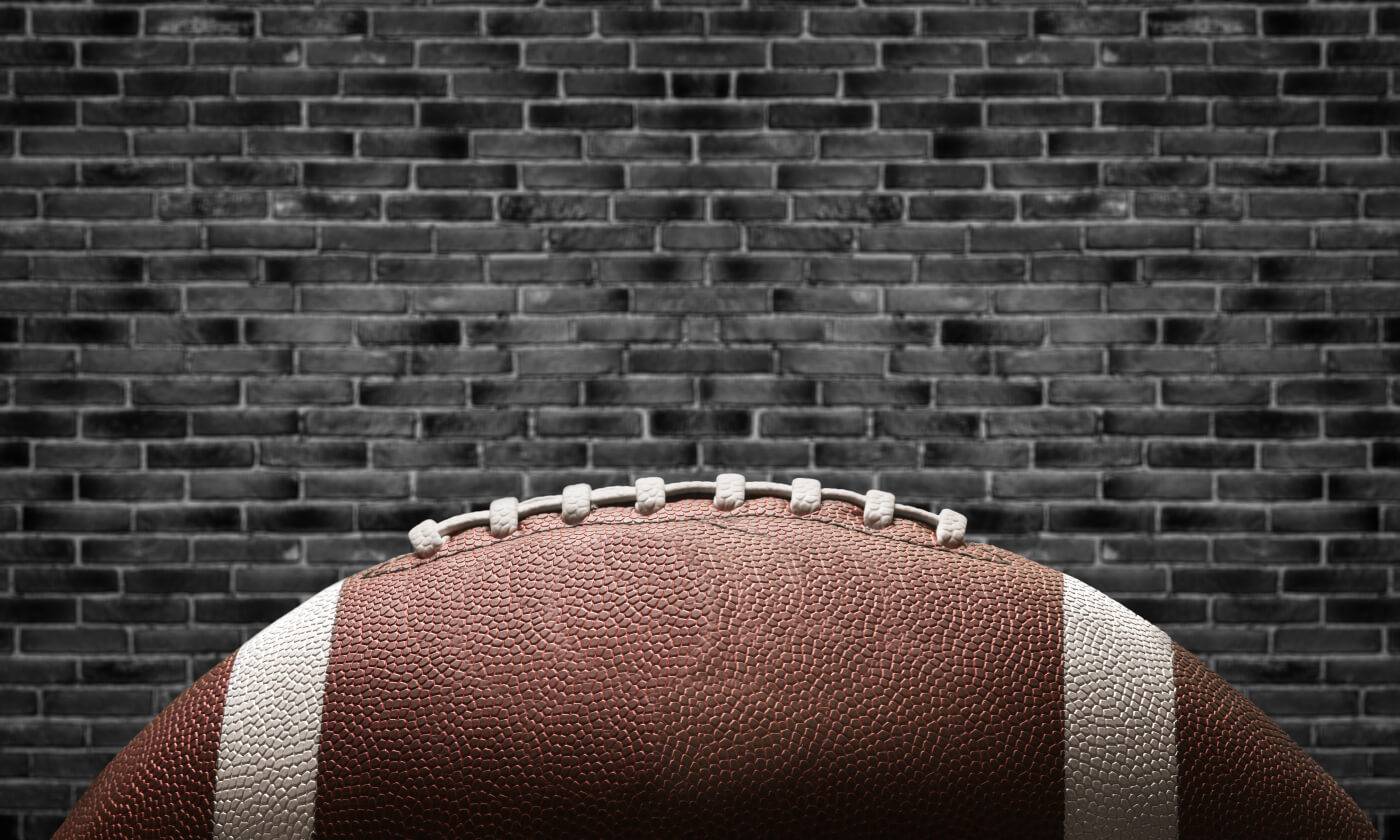Preventing heat-related illness
As the season approaches and the weather becomes more intense in many parts of the country, it is wise to keep these tips in mind when running a football practice this summer.
WHAT COACHES SHOULD KNOW
- Heat-related illnesses are caused when an individual is subjected to extreme temperature and humidity and is unable to cool down.
- Schedule and enforce frequent water breaks.
- Coaches should take steps to prevent heat-related illnesses. When athletes are practicing or competing, coaches should do the following:
- Allow days for adjusting to warmer climates
- Schedule practice during cooler times of the day
Heat Precautions
When necessary, coaches should instruct athletes to do the following:
- Wear net-type jerseys
- Wear T-shirts and shorts, not pads
- Remove helmets when not playing or scrimmaging
- Avoid wearing sweatshirts
- Change sweat-soaked clothing
Appropriate Fluid Intake
- Players should be weighed before and after a competition or workout.
- Drink 16 ounces of appropriate fluid for every pound of weight lost after activity.
- Players should not take salt tablets, but rather salt their food liberally when playing in hot, humid weather.
- Before a competition or practice, players should consume appropriate fluids as follows:
- Two to three hours before a competition or workout, drink 4-5 ounces of appropriate fluid every 10-20 minutes
- One hour before a competition or workout, drink 8 ounces of appropriate fluid
- Fifteen minutes before a competition or workout, drink 4-5 ounces of appropriate fluid
- During a competition or workout, drink 4 ounces of appropriate fluid every 10 to 20 minutes.
Treatment Of Heat-related Illnesses
- Heat-related illness may progress into heat exhaustion. Signals of heat exhaustion include headache, nausea, or dizziness and weakness. If this happens, the player needs to lie in a cool place, apply cool, wet towels to the body, drink cool water, and monitor his vital signs. In this stage, heat related-illness can usually be reversed with prompt care. Often an injured player feels better when he rests in a cool place and drinks cool water.
- If signals are present that the illness is progressing, activate the emergency action plan and follow the emergency action steps, Check-Call-Care. Call 9-1-1 or the local emergency number immediately.
- As the illness progresses into heat stroke, a player may have a high body temperature, have red, hot, dry, or moist skin, vomit, lose consciousness, have shallow breathing and/or a weak pulse. A player experiencing respiratory or cardiac arrest needs to receive rescue breathing or CPR.
To help prevent heat-related illnesses, keep players cool and hydrated.
Appropriate Fluids
Include water or a correctly proportioned sports drink. Water is an appropriate hydrating solution when practices are not intense and do not exceed 60-90 minutes. Though water can be used in situations of more intense and extended practices, correctly proportioned sports drinks may offer an advantage-particularly in hot weather.
A correctly proportioned sports drink (per eight ounces) contains approximately 6% carbohydrates (14 grams sucrose, glucose, fructose, or glucose polymer), approximately 50 calories, approximately 28 milligrams of potassium, and approximately 100 milligrams of sodium with no carbonation, no caffeine, and no stimulants. This combination permits a quicker replacement of lost body fluids and helps maintain the availability of the glucose fuel for energy production. Potassium losses are also replaced. The sports drinks, which are usually flavored, should be ingested cold.
Sunny weather is ideal for practicing football and competing. However, overexposure to high temperature and humidity can cause heat-related illnesses. Conditions contributing to heat-related emergencies include:
- Heat
- High humidity
- Extreme physical exertion
- Inappropriately layered or rubberized clothing
- Inadequate fluid intake.
Heat-related illnesses, such as heat cramps, heat exhaustion, and heat stroke are caused when an individual is subjected to extreme temperature and humidity and is unable to cool down. The National Weather Service issues heat alerts when the daytime heat index (a combination of temperature and humidity) is 105 degrees F or more, which can cause the most serious heat-related illnesses. At 80-105 degrees F, fatigue and sunstroke are possible with prolonged exposure. Athletes playing in the sun for long periods of time wearing protective padding are especially at risk. The illnesses are treatable, but become life threatening without immediate attention.
Coaches need to know how to prevent heat-related illnesses. When weather is excessively hot and humid, coaches need to adjust the intensity of workouts, building in intensity over a period of time to allow players to adjust to the weather conditions. Coaches also should consider canceling practice or scheduling practice during cooler times of the day.
Players should have unrestricted access to appropriate fluids. Players should weigh themselves before and after activity to check for dehydration. To prevent dehydration, players should begin hydrating, at least two to three hours prior to working out or competing, by drinking at least 16 ounces of fluid. One hour before a competition or workout, athletes should drink 8 ounces of fluid followed by 4 ounces of fluid 15 minutes before the activity. During a competition or workout, athletes should drink 4 ounces of appropriate fluid every 10 to 20 minutes. Following a competition or workout, the coach should have the players drink 16 ounces of fluid for every pound of weight lost to replace the water loss and consume foods that contain a liberal amount of salt. Sports drinks may provide some benefit over water.
Without taking precautionary measures, a player may experience a heat-related illness. In some cases, a player may be unaware he is experiencing this condition and continue practicing. Early signals of a heat-related illness are heat cramps. For heat cramps, the athlete should stop the activity, gently stretch and massage the muscle, and drink appropriate fluids.
A heat-related illness may progress into heat exhaustion. Therefore, coaches should periodically check players during practice or workouts for symptoms related to heat exhaustion, which include headache, nausea, dizziness, weakness, or muscular spasms. The player experiencing these symptoms needs to lie in a cool place; apply cool, wet towels to the body; drink cool water; and have his vital signs monitored. In this stage, heat-related illness can usually be reversed with prompt care. Often the injured player feels better when he or she rests in a cool place and drinks cool water. If the player's condition does not improve, activate the Emergency Action Plan and follow the emergency action steps, Check-Call-Care. Call 9-1-1 or the local emergency number immediately.
If the illness progresses into heat stroke, a player may vomit; have a high body temperature; have red, hot, dry, or moist skin; lose consciousness; or have shallow breathing and/or a weak pulse. Sweating may stop, which prevents the body from cooling. This increases body temperature and causes vital organs, such as the heart, to fail.
When the circulatory system is affected, the player may experience mild shock, convulsions, or a coma. If a player experiences respiratory or cardiac arrest, begin rescue breathing or CPR, as appropriate. If possible, cold towels should be placed on the body of the player while awaiting EMS.
Playing in the sun can be fun, but the best thing to do is play it safe. Heat-related illnesses are preventable if coaches and players know their signs and stay cool and hydrated.



